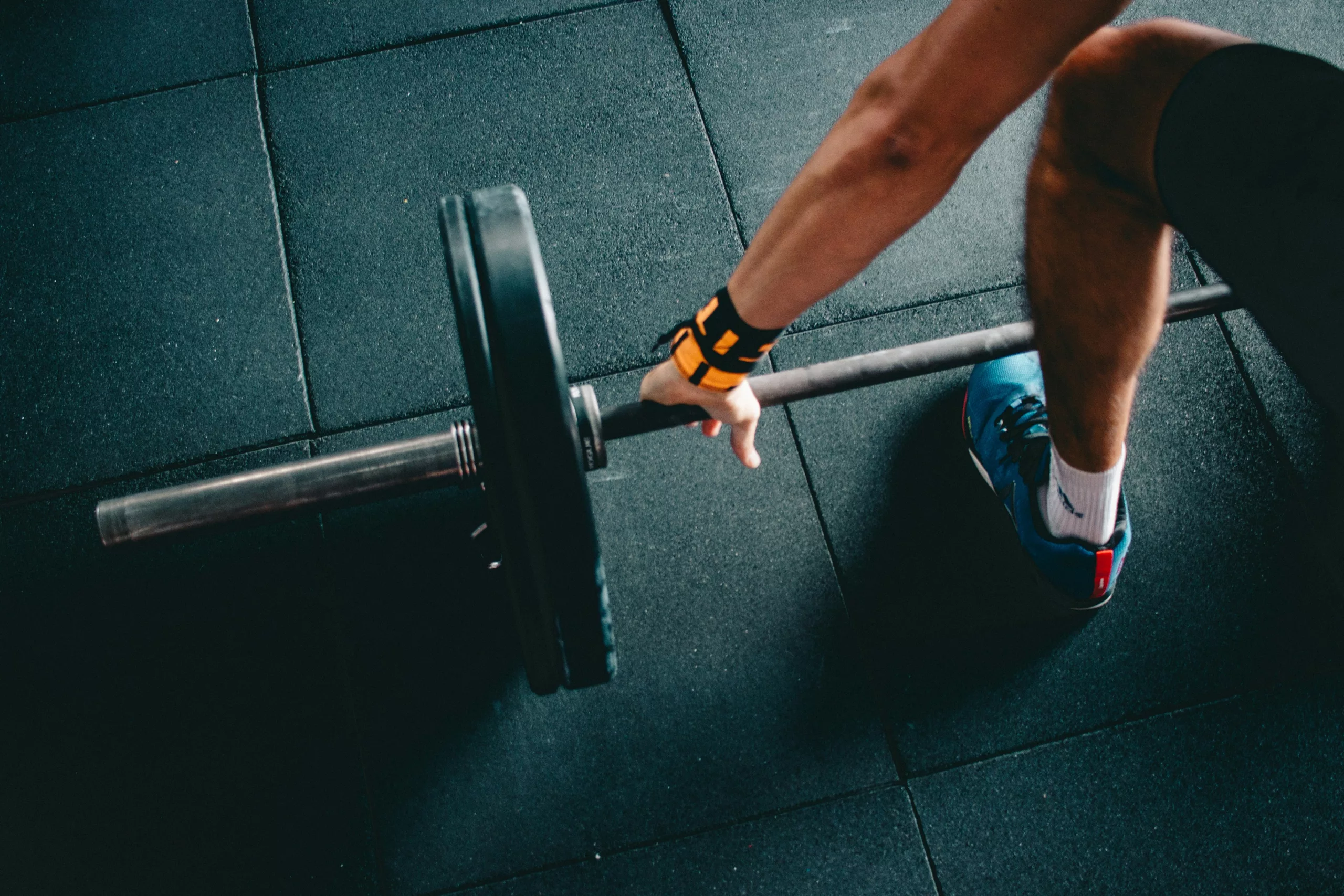
Youth Resistance Training – Part 2: Effectiveness
The Effectiveness of Resistance Training for Youth: Building Strength Safely
Resistance training for youth and adolescents has evolved from a debated practice to a widely recognized method for boosting strength and physical development. Research now shows that with proper supervision and program design, resistance training offers significant benefits, enhancing strength, coordination, and overall fitness in youth. Let’s take a closer look at why resistance training is effective for young athletes and how it helps them build strength.
How Resistance Training Enhances Strength in Youth
Youth and adolescents experience rapid physiological changes, including increases in muscle strength and endurance. However, resistance training can lead to additional strength gains beyond those achieved through growth alone. The strength gains seen in youth are generally not just the result of natural growth but also due to the stimulus from resistance training. A variety of training methods—including free weights, body-weight exercises, and weight machines—have been proven effective in boosting muscle strength in youth.
Key Findings: Significant Strength Gains
Research has shown that youth who engage in resistance training experience strength gains ranging from 30% to 74%. Typical programs lasting 8–20 weeks result in an average strength increase of about 30%. Though growth itself causes some strength gains, resistance training adds to this, offering improvements that wouldn’t happen with growth alone.
Training Methods That Work
A wide range of resistance training methods can be used effectively for youth and adolescents. These include weight machines (adult or child-sized), free weights, elastic bands, medicine balls, and bodyweight exercises like squats and push-ups. Whether using single-set sessions or more progressive, multi-set routines, youth can see improvements across various training protocols. It’s important to note that strength gains are specific to the muscles worked. For example, a child focusing on leg exercises will see the most improvement in their lower body.
Maintaining Strength Gains
One key consideration in youth resistance training is the maintenance of strength gains. When training stops or is reduced (detraining), strength levels often regress toward baseline values. However, some physiological changes, like increases in testosterone, may persist for a short time.
To maintain strength, regular training is necessary. Studies show that a once-a-week maintenance session was sufficient for adolescents to maintain gains. These findings underscore the importance of consistent training for preserving strength gains.
Conclusion: Resistance Training is Safe and Effective for Youth
Resistance training provides numerous benefits for youth and adolescents, including significant improvements in muscle strength, coordination, and overall fitness. When appropriately designed and supervised, resistance training is safe and can enhance strength beyond what is expected from normal growth. By following age-appropriate guidelines and ensuring proper technique, youth can safely build strength and improve their athletic abilities.
Incorporating resistance training into youth fitness routines not only promotes physical development but also helps prevent injury, improve performance, and foster lifelong fitness habits.
Works Cited
Faigenbaum, A. D., Kramer, W. J., Blimkie, C. J. R., Jeffreys, I., Mecheli, L. J., Nitka, M., Rowland, T. W. (2009). Youth resistance training: Updated position statement paper from the national strength and conditioning association. The Journal of Strength and Conditioning Research, 23, 60-79.

